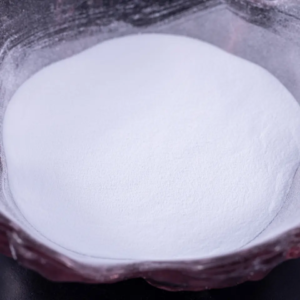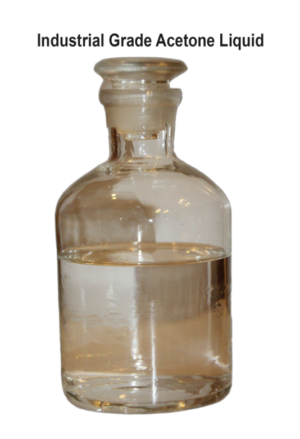Carboxymethyl cellulose (CMC), also known as cellulose gum or sodium carboxymethyl cellulose (NaCMC), is a water-soluble polymer derived from cellulose, a naturally occurring polysaccharide found in the cell walls of plants. Here are some key points about carboxymethyl cellulose:
- Chemical Structure: Carboxymethyl cellulose is synthesized by the chemical modification of cellulose through the introduction of carboxymethyl groups (-CH2-COOH) onto the cellulose backbone. This modification enhances the water solubility and functionality of cellulose.
- Production: Carboxymethyl cellulose is produced by the reaction of cellulose with chloroacetic acid or its sodium salt, sodium chloroacetate, under alkaline conditions. The reaction results in the substitution of hydroxyl groups (-OH) on the cellulose chain with carboxymethyl groups, yielding carboxymethyl cellulose.
- Properties:
- Water Solubility: Carboxymethyl cellulose is highly soluble in water, forming clear and viscous solutions. This property makes it useful as a thickening agent, stabilizer, and emulsifier in various applications.
- Viscosity Control: Carboxymethyl cellulose exhibits pseudoplastic or shear-thinning behavior, meaning its viscosity decreases under shear stress. This property allows for precise control of viscosity in formulations, making it suitable for use in a wide range of products.
- Film-Forming: Carboxymethyl cellulose can form transparent and flexible films when dried, providing barrier properties and moisture retention in coatings, films, and edible films.
- Binding: Carboxymethyl cellulose has adhesive properties and can be used as a binder in tablet formulations and as a thickening agent in food products.
- Stability: Carboxymethyl cellulose is stable over a wide range of pH values and temperatures, making it suitable for use in a variety of applications, including food, pharmaceuticals, personal care products, and industrial processes.
- Applications:
- Food Industry: Carboxymethyl cellulose is commonly used as a food additive in various products, including beverages, dairy products, baked goods, sauces, dressings, and ice cream. It serves as a thickener, stabilizer, emulsifier, and texture modifier in these applications.
- Pharmaceuticals: In the pharmaceutical industry, carboxymethyl cellulose is used as a binder in tablet formulations, a viscosity modifier in liquid formulations, a suspending agent in suspensions, and a lubricant in ophthalmic formulations.
- Personal Care Products: Carboxymethyl cellulose is found in many personal care products, including lotions, creams, shampoos, and toothpaste, where it functions as a thickener, stabilizer, emulsifier, and film-forming agent.
- Industrial Applications: Carboxymethyl cellulose is used in various industrial processes, such as papermaking, textile sizing, oil drilling, and detergents, where it provides viscosity control, water retention, and binding properties.
- Safety Considerations: Carboxymethyl cellulose is generally regarded as safe for consumption and use in food, pharmaceuticals, and personal care products. It is non-toxic, non-allergenic, and biodegradable. However, individuals with specific sensitivities or allergies should exercise caution, and products containing carboxymethyl cellulose should be used according to recommended guidelines and regulations.











Reviews
There are no reviews yet.